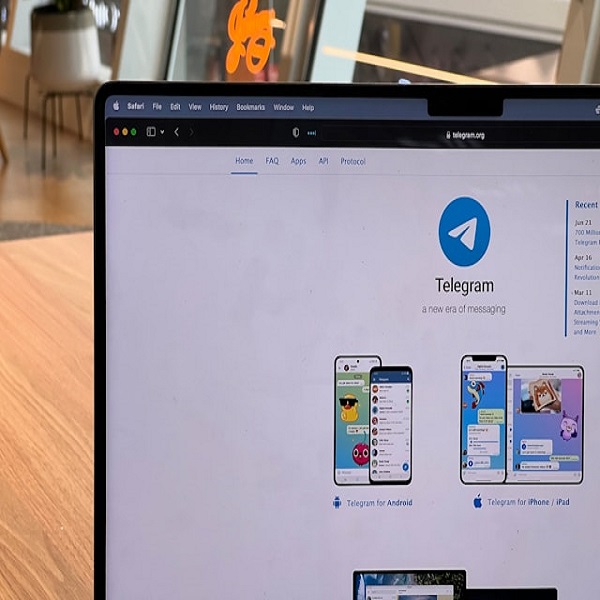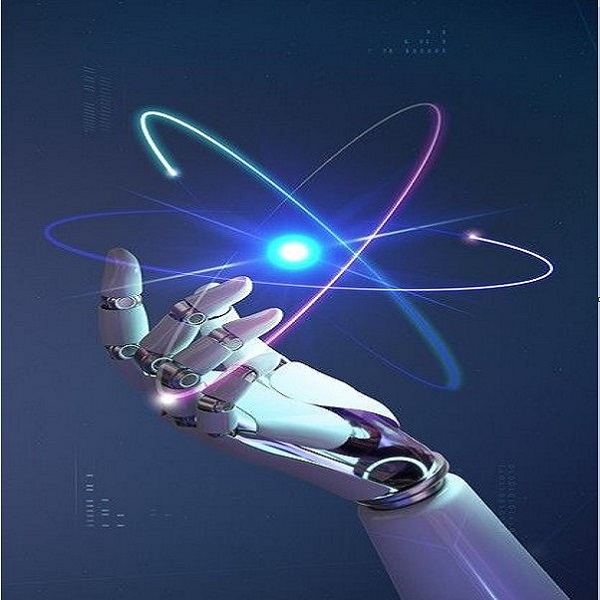The rapid advancement of artificial intelligence (AI) poses transformative potential and equally profound risks for international security. As outlined by United Nations Secretary-General António Guterres in his recent address to the Security Council, the pace of AI development is outstripping our ability to govern it effectively. This technological progress could destabilize global peace and worsen inequality without decisive action. The Secretary-General’s call for international AI guardrails shows the critical need for collaborative governance to mitigate these threats while harnessing AI’s benefits.
The Effect of AI on Global Security
AI has already demonstrated its capacity to support humanitarian efforts and conflict prevention. From predicting food insecurity to clearing landmines and anticipating displacement caused by climate change, AI can play a crucial role in promoting peace and stability. However, the same technology that offers these solutions also introduces unprecedented threats.
AI’s integration into military operations is particularly concerning. Recent conflicts have become testing grounds for AI-driven surveillance, predictive policing, and autonomous decision-making. AI-powered weapons systems, if left unchecked, risk removing human oversight from life-and-death decisions. The convergence of AI with nuclear capabilities further amplifies the potential for catastrophic outcomes. As Guterres emphasized, “The fate of humanity must never be left to the ‘black box’ of an algorithm.”
Another alarming aspect of AI is its role in shaping the information domain. Deepfakes and AI-generated disinformation can manipulate public opinion, spark diplomatic crises, and erode trust in democratic institutions. As AI becomes more capable of generating highly realistic content, distinguishing between truth and fabricated narratives becomes increasingly difficult. These risks underscore the need for safeguards to protect information integrity and prevent AI-driven misinformation from destabilizing societies.
The Need for a Unified Global Framework
The Secretary-General has called for a comprehensive, international approach to AI governance in response to these multifaceted risks. Adopting the UN Global Digital Compact and the recent General Assembly resolutions on AI represent significant steps toward this goal. These initiatives aim to promote global cooperation, capacity-building, and ethical AI use, particularly in the military domain.
The Secretary-General’s proposal for an independent international scientific panel on AI reflects the urgency of establishing a coordinated framework. This panel would help ensure that all nations, regardless of technological capacity, have a voice in shaping AI’s future. Such collaboration is essential to prevent the emergence of AI “haves” and “have-nots,” which would only deepen global inequalities.
The Path Forward: Prohibiting Lethal Autonomous Weapons
One of the most critical aspects of AI governance is addressing the use of AI in armed conflict. Guterres’ call for a ban on lethal autonomous weapons by 2026 is a crucial step toward ensuring human control over the use of force. No nation should deploy AI in ways that violate international humanitarian and human rights laws. Prohibiting autonomous targeting and engagement systems is fundamental to maintaining ethical standards in warfare and preventing AI-driven conflicts.
As the Secretary-General highlighted, “Every moment of delay in establishing international guardrails increases the risk for us all.” The Security Council and the global community must act decisively to create a safe, secure, and inclusive AI future. By fostering international cooperation, promoting ethical standards, and maintaining human oversight, we can navigate AI’s challenges while harnessing its potential for the benefit of all humanity.





